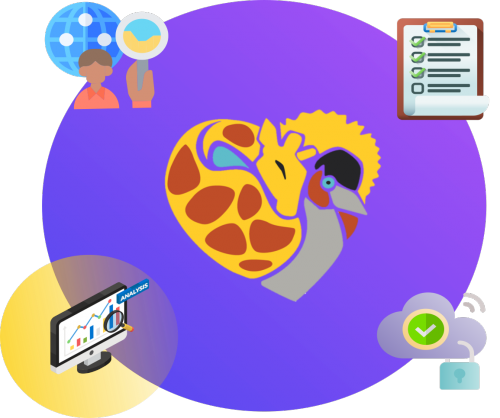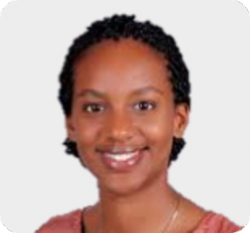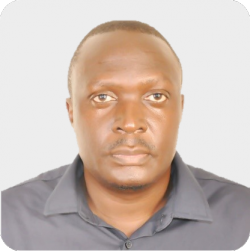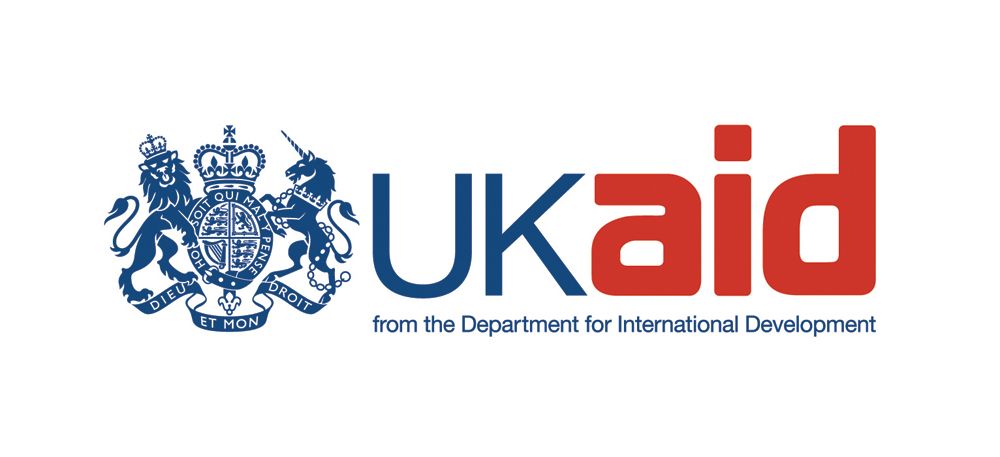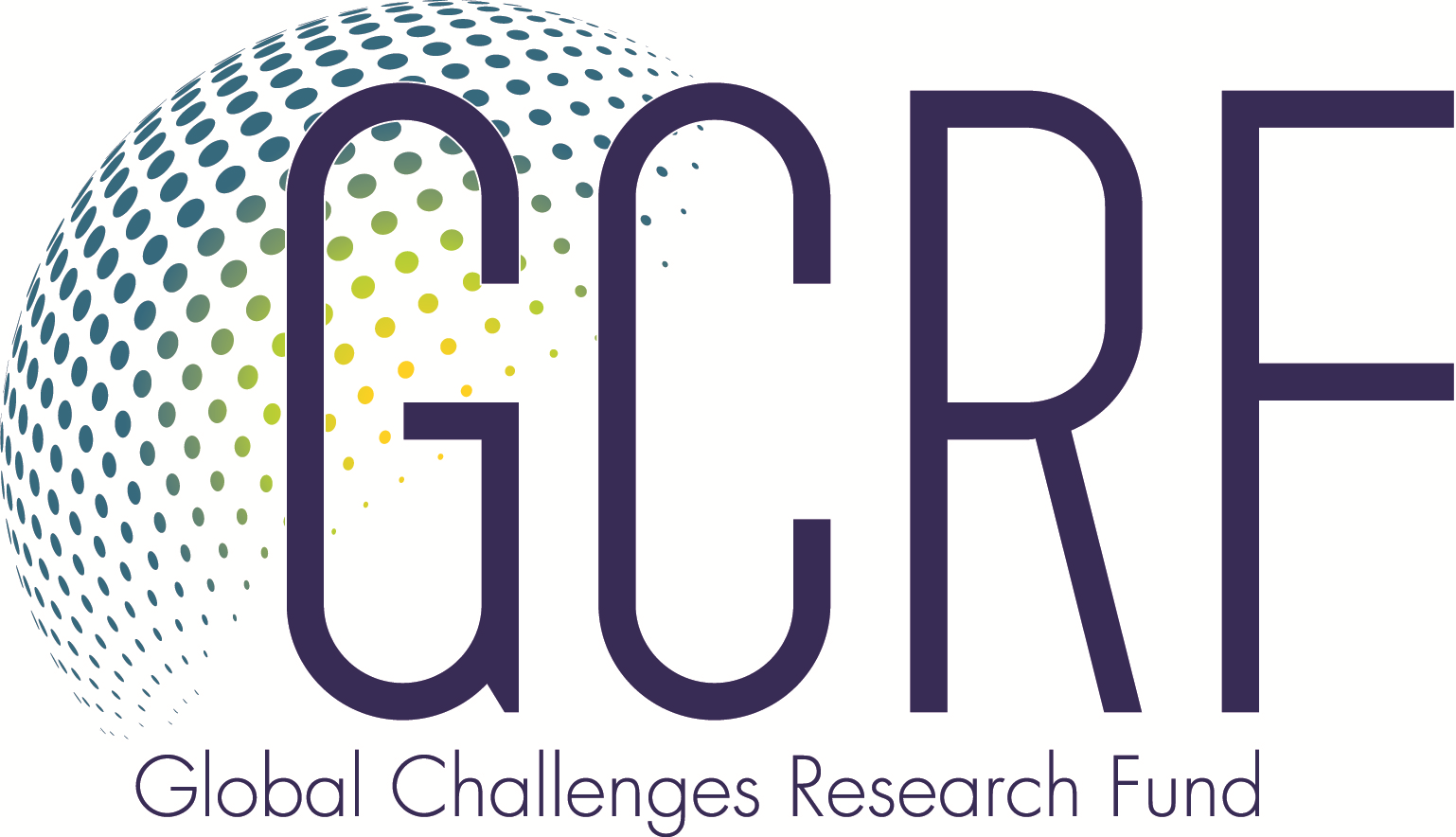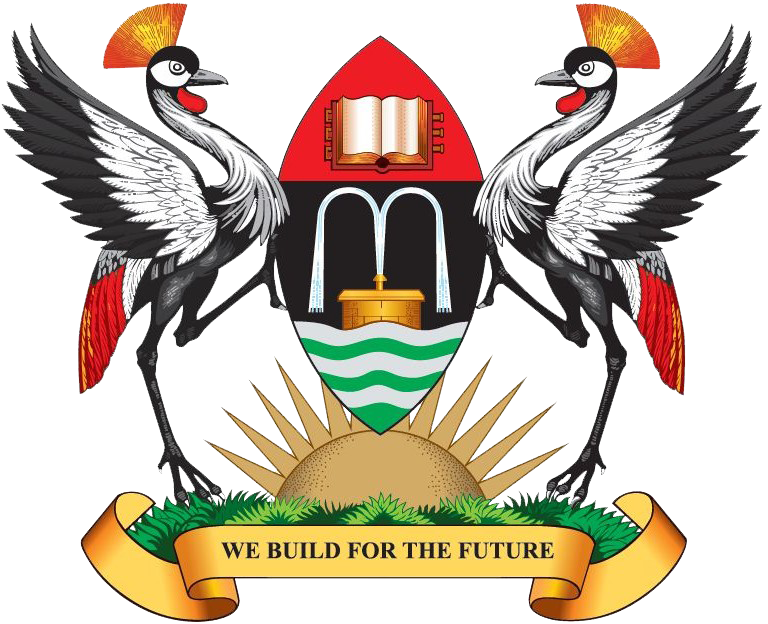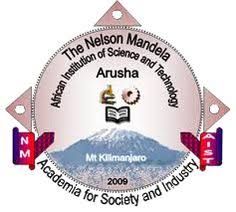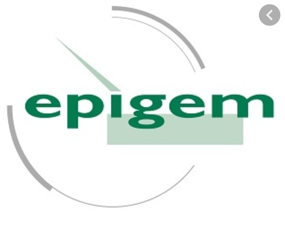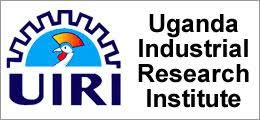Future of diagnostics in Africa
Mobile phone enabled low-cost DNA sensor technology, based upon using paper microfluidics will bring both health and economic benefit to East Africa, including both Uganda and Tanzania, as well as other countries in Sub-Saharan Africa in future

Join Our Sixth Online Workshop
Workshop 6 - Environmental impact and co-creation (Friday 26th February 2021)

Objective
Challenge One
To explore the need for improved data-connectivity and security and to demonstrate that mobile phone enabled low-cost diagnostic devices can be used to record and collate data and store it on The Cloud using blockchain to include quality control and ensure data safety and privacy
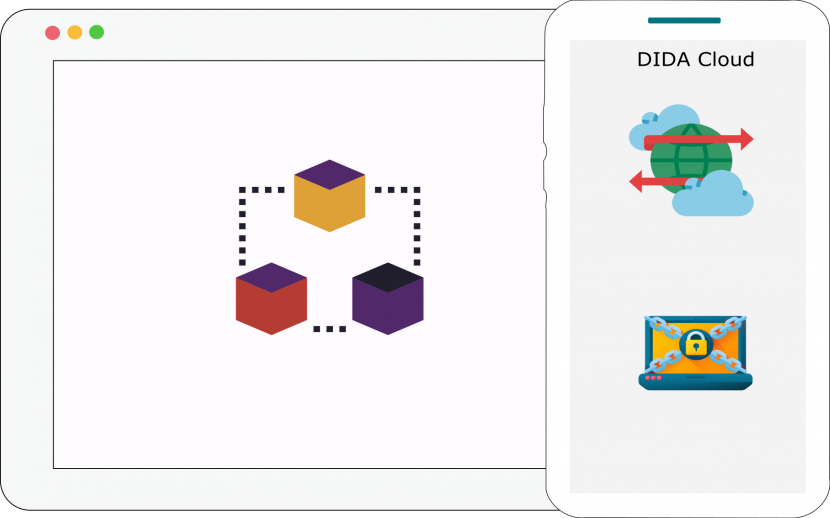
Challenge Two
To understand how low cost diagnostic tests can be used to understand the complex interplay between human health, animal well-being and economic prosperity in rural Africa. This requires the use of our new, low-cost and easy-to-use multiplex sensors to enable the detection of very low numbers of micro-organisms in a variety of human and animal samples.

Challenge Three
To fuse this data with local and national knowledge in an online platform that is able to extract trends and serve as an early warning system for disease re-emergence or contaminations (e.g. of water sources) to elicit rapid responses
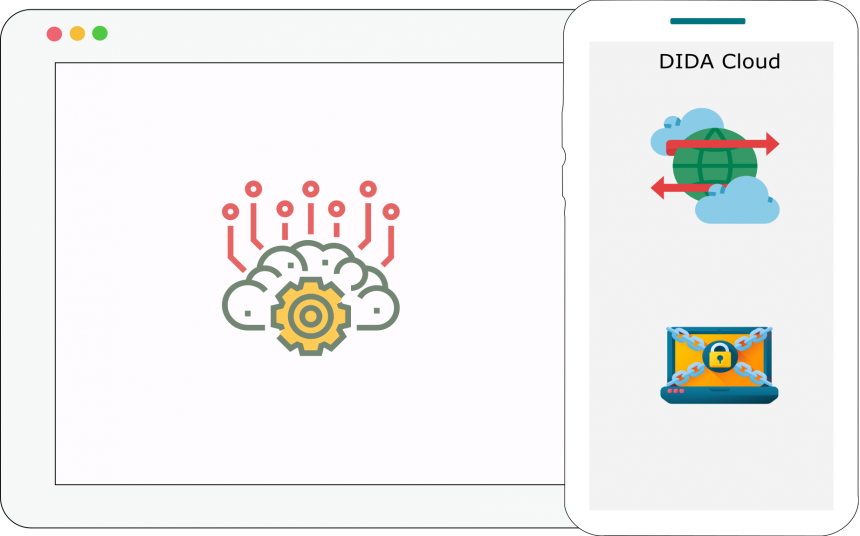
Tanzania case
study
Working with Bioengineers, Computer Scientists and Veterinary Scientists in Uganda and Tanzania, we will deliver educational and outreach projects within both Universities and local technical colleges

We aim to understand how our origami tests can be used to understand the complex interplay between human health, animal well-being and economic prosperity in rural Africa.
DIDA Diagnostics
Our Team
Our multidisciplinary team consists of biologists, engineers, and chemists
Contact Us
Ranking Building, University Avenue, Glasgow, Scotland
G12 8QQ
This email address is being protected from spambots. You need JavaScript enabled to view it.
This email address is being protected from spambots. You need JavaScript enabled to view it.
